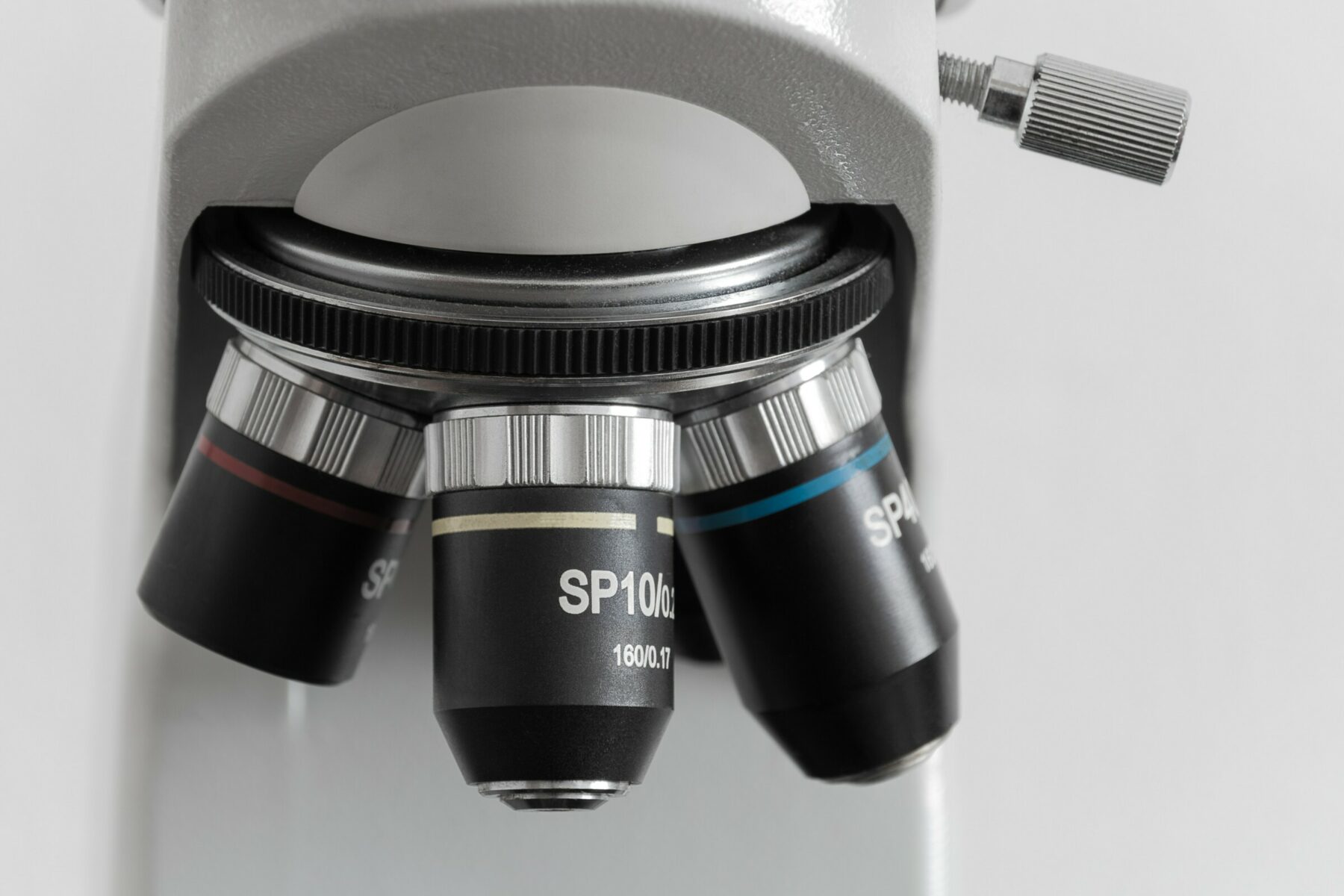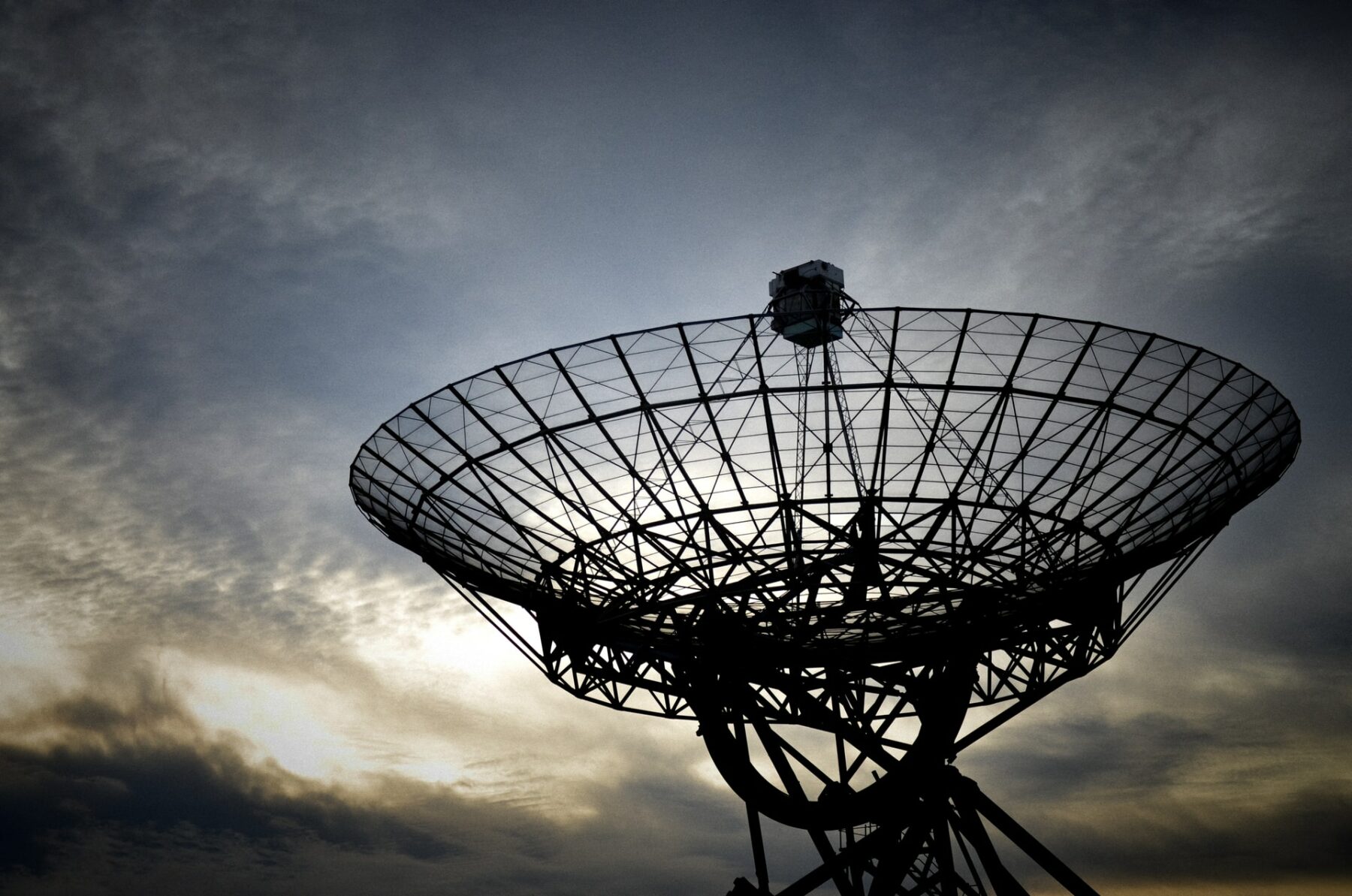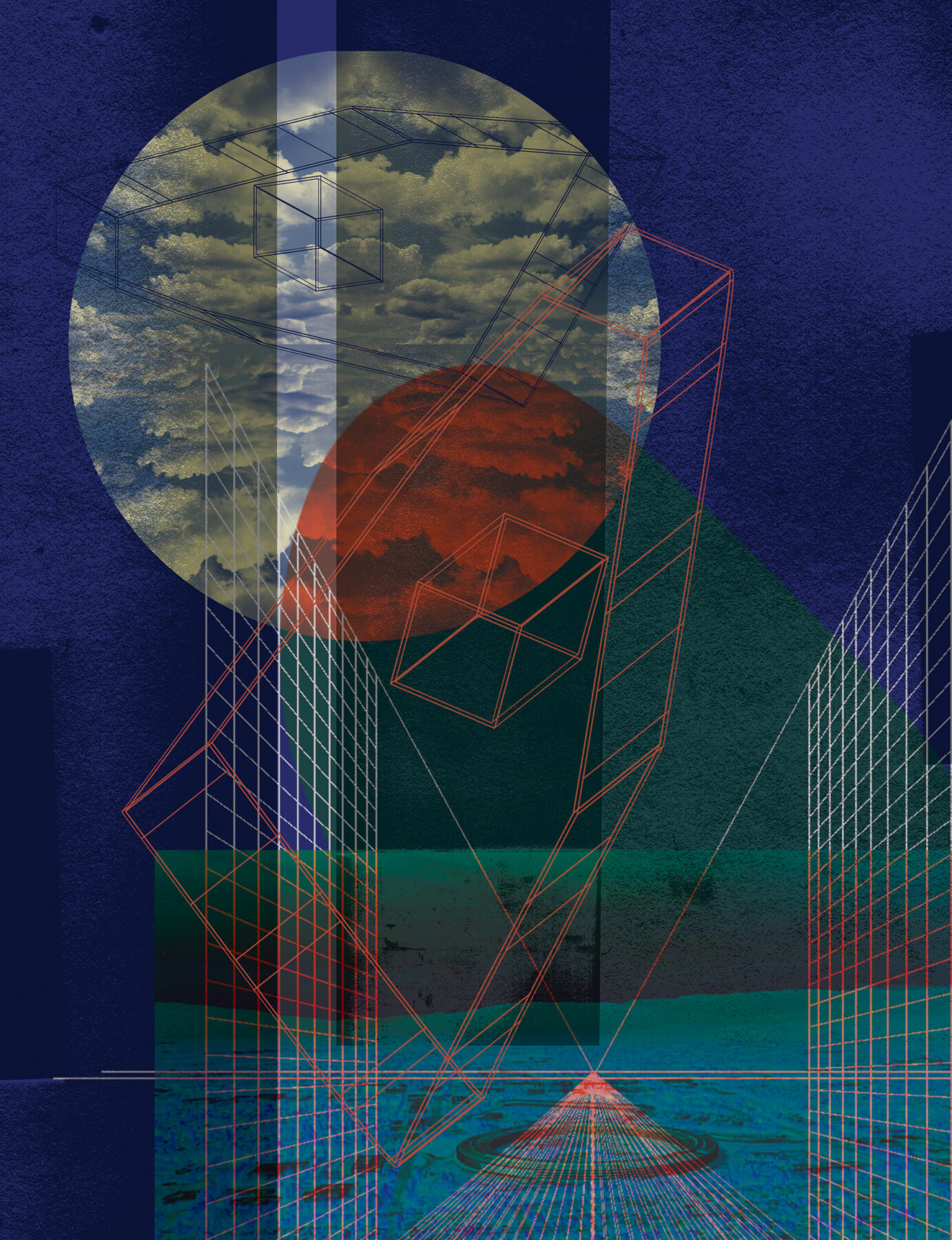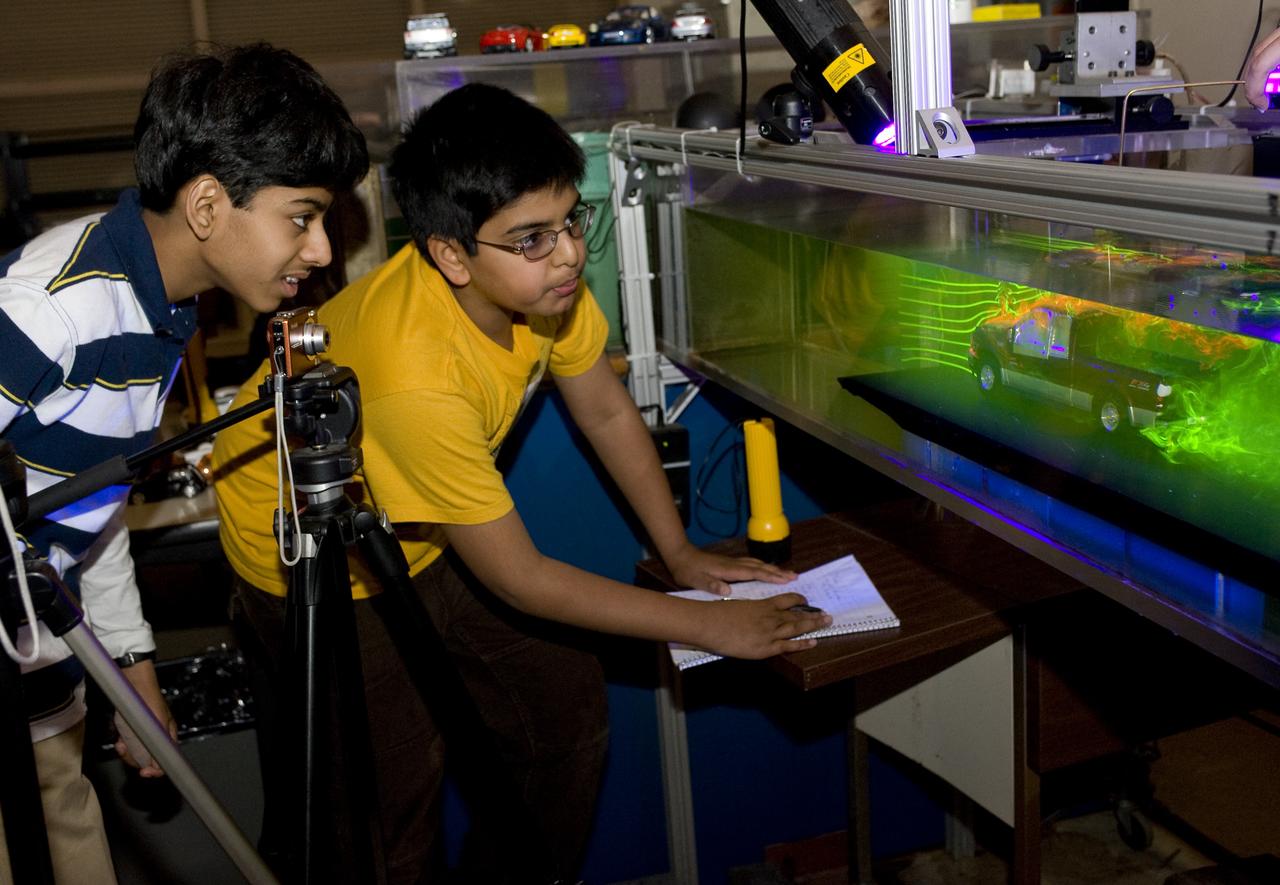Issues has fostered a broad and deep conversation about the goals, strategies, and challenges of the open science movement by editing and publishing a diverse range of essays, responding letters, and podcasts, and by bringing them to a wide audience.

Winter 2022
Bringing Open Source to the Global Lab Bench
Julieta Arancio, Shannon Dosemagen
A call from two researchers and social entrepreneurs for more academics to produce open-license hardware (such as a microscope made with 3-D printing) to enable research in disadvantaged parts of the world. They suggest how funders could support these efforts.
Authors:
Julieta Arancio is a postdoctoral researcher at Drexel University and a cofounding member of the free-libre technologies for science and education in Latin America (reGOSH) network. Shannon Dosemagen is a Shuttleworth Foundation fellow directing the Open Environmental Data Project and a cofounding member of the Gathering for Open Science Hardware. Read More

Spring 2022
Opening Up to Open Science
Chelle Gentemann, Christopher Erdmann, Caitlin Kroeger
Leaders from NASA, the American Geophysical Union, and the Farralon Institute describe how institutions can enable better knowledge sharing, and the barriers for doing so.
Authors:
Chelle Gentemann is a senior scientist at the Farallon Institute and science lead for the NASA TOPS mission. Christopher Erdmann is the assistant director of data stewardship at the American Geophysical Union. Caitlin Kroeger is a postdoctoral research associate at the Farallon Institute.
Read More

Summer 2022
Architectures of Participation
Gerald Berk, Annalee Saxenian
An analysis of how cloud computing and open source software can foster “participatory infrastructures,” and how these in turn can promote collaboration, competition, and dissemination.
Authors:
Gerald Berk is professor emeritus of political science at the University of Oregon and author of Louis D. Brandeis and the Making of Regulated Competition, 1900–1932
(Cambridge University Press, 2009). AnnaLee Saxenian is a professor in the School of Information at the University of California, Berkeley. She is the author of The New Argonauts: Regional Advantage in a Global Economy
(Harvard University Press, 2006) and Regional Advantage: Culture and Competition in Silicon Valley and Route 128
(Harvard University Press, 1994).Read More

September 28, 2022
Creating a Science-Engaged Public
Susan D. Renoe, Christofer Nelson
A call from the heads of the Association of Science and Technology Centers and the Center for Advancing Research Impact in Society to rejuvenate and expand responsibilities of the US Interagency Working Group on Open Science to improve public engagement with science, including getting broader input into research discoveries that draw on all people’s knowledge, expertise, and priorities.
Authors:
Susan D. Renoe is the associate vice chancellor for Research, Extension & Engagement at the University of Missouri and executive director of the Center for Advancing Research Impact in Society. Christofer Nelson is the president and CEO of the Association of Science and Technology Centers.Read More

Fall 2022
Public Access to Advance Equity
Alondra Nelson, Christopher Marcum, Jedidah Isler
Officials from the White House Office of Science and Technology Policy explain why the public must be able to access research outputs, and what systems must be in place to make it so.
Authors:
Alondra Nelson is deputy assistant to the president and deputy director for Science and Society at the White House Office of Science and Technology Policy (OSTP). Christopher Steven Marcum is the assistant director for Open Science and Data Policy at OSTP. Jedidah Isler is the principal assistant director for Science and Society at OSTP.Read More
An agenda to coordinate efforts in open science across diverse agencies and strategies to improve infrastructure, incentives, equity, and effectiveness.







